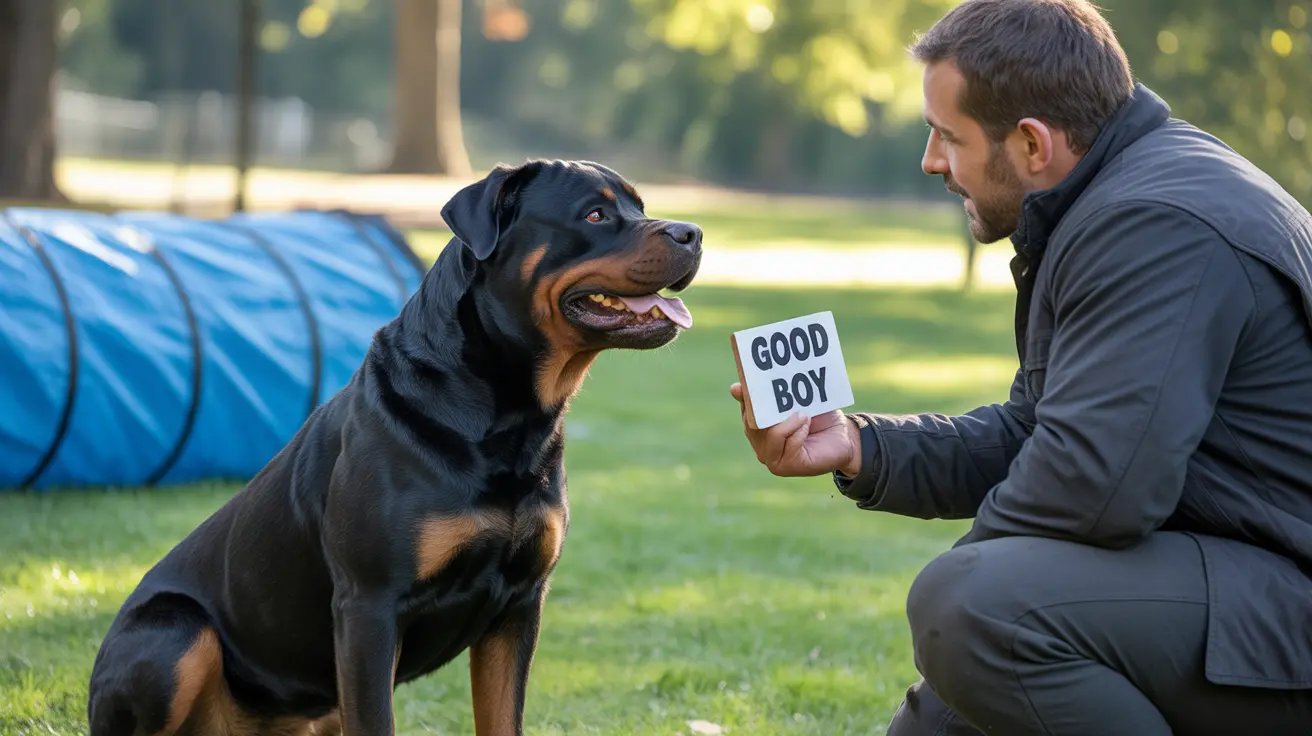Understanding Rottweiler History and Natural Instincts
Originally bred in Germany as working dogs, Rottweilers served as cattle drivers and guardians of livestock. This heritage has shaped their natural protective instincts and strong work ethic. Standing 24-27 inches at the shoulder and weighing up to 135 pounds, male Rottweilers possess significant physical strength, while females are slightly smaller but equally capable.
Their historical role as working dogs means Rottweilers are naturally alert and protective of their territory and family. However, these traits don't automatically translate to dangerous behavior when properly channeled through training and socialization.
The Reality of Rottweiler Aggression Statistics
While statistics show Rottweilers account for approximately 10% of dog bite-related fatalities in the United States between 2005 and 2019, these numbers require important context. Consider that breed-specific data accounts for only about 9% of a dog's behavioral tendencies, with environment and training playing far more significant roles.
Research indicates that male Rottweilers show slightly higher aggression rates than females (9.36% vs. 5.47%), but these statistics often reflect cases where proper training and socialization were lacking.
The Critical Role of Training and Socialization
Early socialization and consistent training prove crucial in developing well-adjusted Rottweilers. These intelligent dogs respond exceptionally well to positive reinforcement training methods, developing into confident, stable companions when properly guided.
Experts emphasize that the key period for socialization occurs during the first few months of a puppy's life. During this time, exposure to various people, environments, and situations helps prevent fear-based aggression later in life.
Owner Responsibility and Prevention
Responsible ownership significantly influences whether a Rottweiler becomes a safe family companion or a potential risk. This includes:
- Comprehensive early training and socialization
- Regular exercise and mental stimulation
- Proper containment and supervision
- Understanding and respecting the breed's natural tendencies
- Maintaining consistent rules and boundaries
The Impact of Environment and Health
Environmental factors and health issues can significantly affect a Rottweiler's behavior. Dogs that experience abuse, neglect, or lack proper socialization are more likely to exhibit aggressive tendencies. Regular veterinary care, adequate exercise, and a stable home environment help prevent behavior problems.
Frequently Asked Questions
Are Rottweilers naturally dangerous or aggressive dogs?
No, Rottweilers are not naturally dangerous. While they possess protective instincts, their behavior largely depends on training, socialization, and responsible ownership. Well-raised Rottweilers are typically loyal, affectionate family companions.
How important is early socialization and training in preventing Rottweiler aggression?
Early socialization and training are crucial. Proper exposure to different people, animals, and situations during puppyhood helps develop well-adjusted adult dogs. Consistent positive reinforcement training establishes good behavior patterns and prevents aggression.
What are common signs of aggression in Rottweilers that owners should watch for?
Warning signs include growling, snarling, stiff body language, direct staring, and lunging. Recognizing these signals early allows owners to address potential issues through training or professional intervention.
How do the bite statistics of Rottweilers compare to other dog breeds?
While Rottweilers rank second in bite-related fatalities (9.8% from 2005-2019), this statistic reflects their size and strength rather than frequency of aggression. Smaller breeds often show more aggressive tendencies but cause less severe injuries.
Can responsible ownership make a Rottweiler a safe and loyal family pet?
Yes, responsible ownership is key to developing a safe and loyal Rottweiler. With proper training, socialization, exercise, and care, Rottweilers can become excellent family companions, known for their devotion and gentle nature with loved ones.






